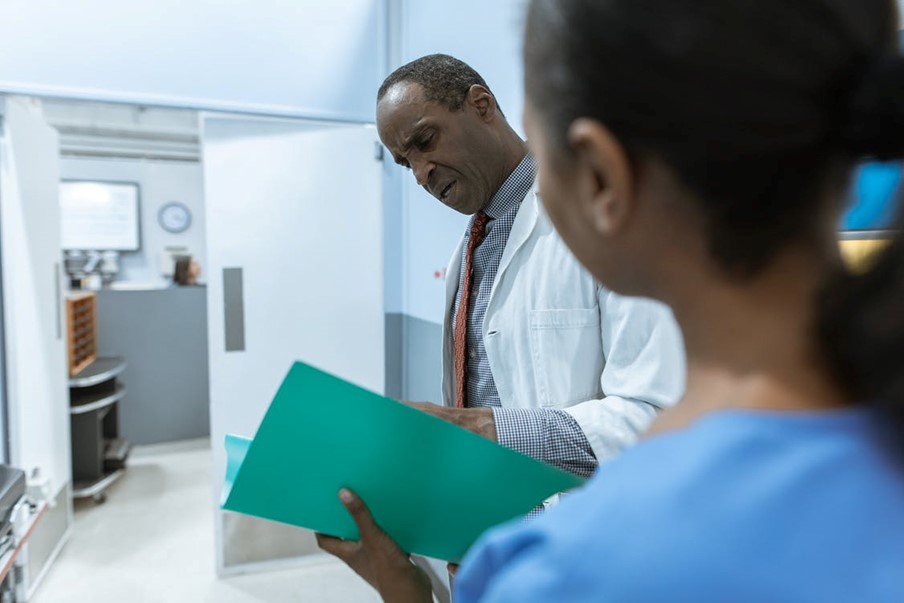Ever since the rise of the Covid-19 pandemic, the federal government has put several regulations, guidance, and laws in place for making testing, vaccination, and proper treatment more accessible for American citizens.
The federal government, state government, and private health care providers are implementing plans to offer coverage for Covid-19.
Medicaid and Covid-19
Medicaid covers testing, vaccination, and treatment for Covid-19 for most enrolled candidates during the Public Health Emergency (PHE) and even after it ends (for more than one year) without cost-sharing for any of these services.
The new American Rescue Plan Act is providing funds to cover Medicaid costs for delivering and administering vaccines.
To ensure everyone receives health care during the pandemic, states are allowed to provide testing, diagnosis, vaccination, and treatment to uninsured people, irrespective of their income, through Medicaid. The uninsured candidates need to provide evidence of their residence in the state and their Social Security Number.
States, by filing a Disaster Relief State Plan Amendment for Medicare and Medicaid Services with the centers, can seek coverage for emergency services extended to the uninsured candidates (uninsured immigrants).
States get federal Medicaid matching funds (FMAP or the federal medical assistance percentage) to cover a hundred percent of the costs incurred due to serving this group, plus coverage for their administrative fee or infrastructure investment. By now, fifteen states have filed a Disaster Relief State Plan Amendment with the centers.
Soon, approval for the Covid-19 vaccine for children by the federal government is anticipated. After getting a nod from CDC’s (Centers for Disease Control and Prevention) ACIP (Advisory Committee on Immunization Practices), the vaccine will be included in the CDC-administered Vaccines for Children program, funded by the federal government.
Under this program, kids enrolled in Medicaid, underinsured or uninsured kids, American Indian kids, and Alaska Native kids will get a recommendation for vaccines without any charge. The cost of vaccine administration for children enrolled in Medicaid will be covered by Medicaid.
Testing
Several private groups, as well as individual market plans, cover the cost (without cost-sharing, such as deductibles or co-payments) of testing and diagnosis of Covid-19. These plans are allowed to function without authorization for the services extended and do not require the individual to show symptoms or exposure to the virus to get the coverage.
Vaccination
Several private groups, as well as individual market plans, cover the cost (without cost-sharing, such as deductibles or co-payments) of vaccinations. These plans are allowed to function without authorization for the services extended.
The cost of the office visit is not charged if the enrollee has visited the office for vaccination. Furthermore, plans cannot offer different coverage for different vaccines (provided by other manufacturers). All vaccines recommended by ACIP must be covered.
For those enrolled in health care plans that don’t cover the Covid-19 vaccine or demand cost-sharing, the providers can claim to the federal HRSA (Health Resources and Services Administration) CAF (Covid-19 Coverage Assistance Fund). The fee for the vaccine and cost-sharing can be reimbursed through CAF.
Treatment
Private health insurance does not cover the treatment of Covid-19. Cost-sharing charges (such as deductibles, co-payments, and coinsurance) apply.
People enrolled in individual marketplace plans get existing protection.
The bottom line
Medicare, Medicaid funded programs like CDPAP, private health insurance plans, and several other federal and state-run schemes have always come to the rescue of people who cannot access essential healthcare services.
During this difficult time of the pandemic, Medicaid covers make testing and treatment accessible for one and all.
–
